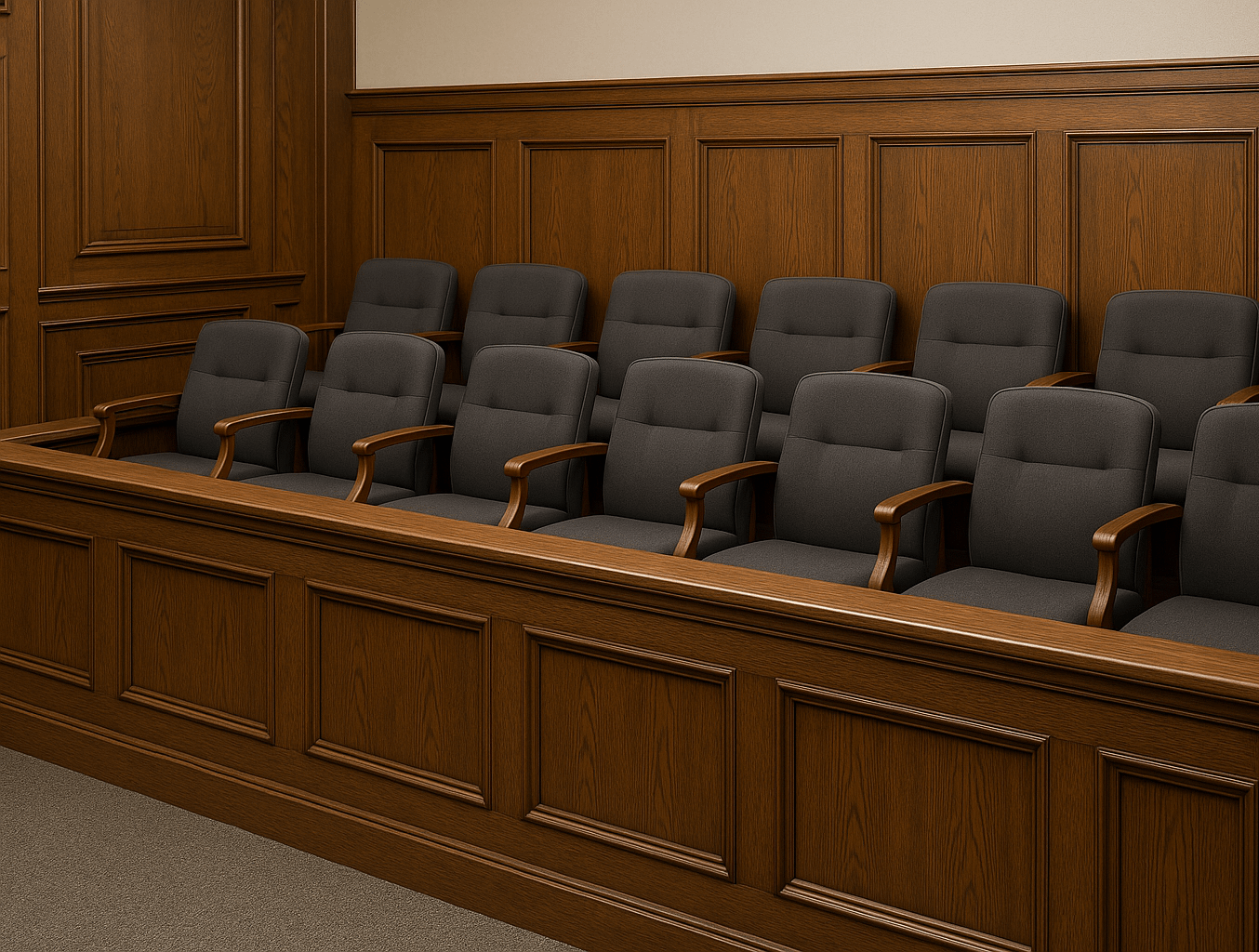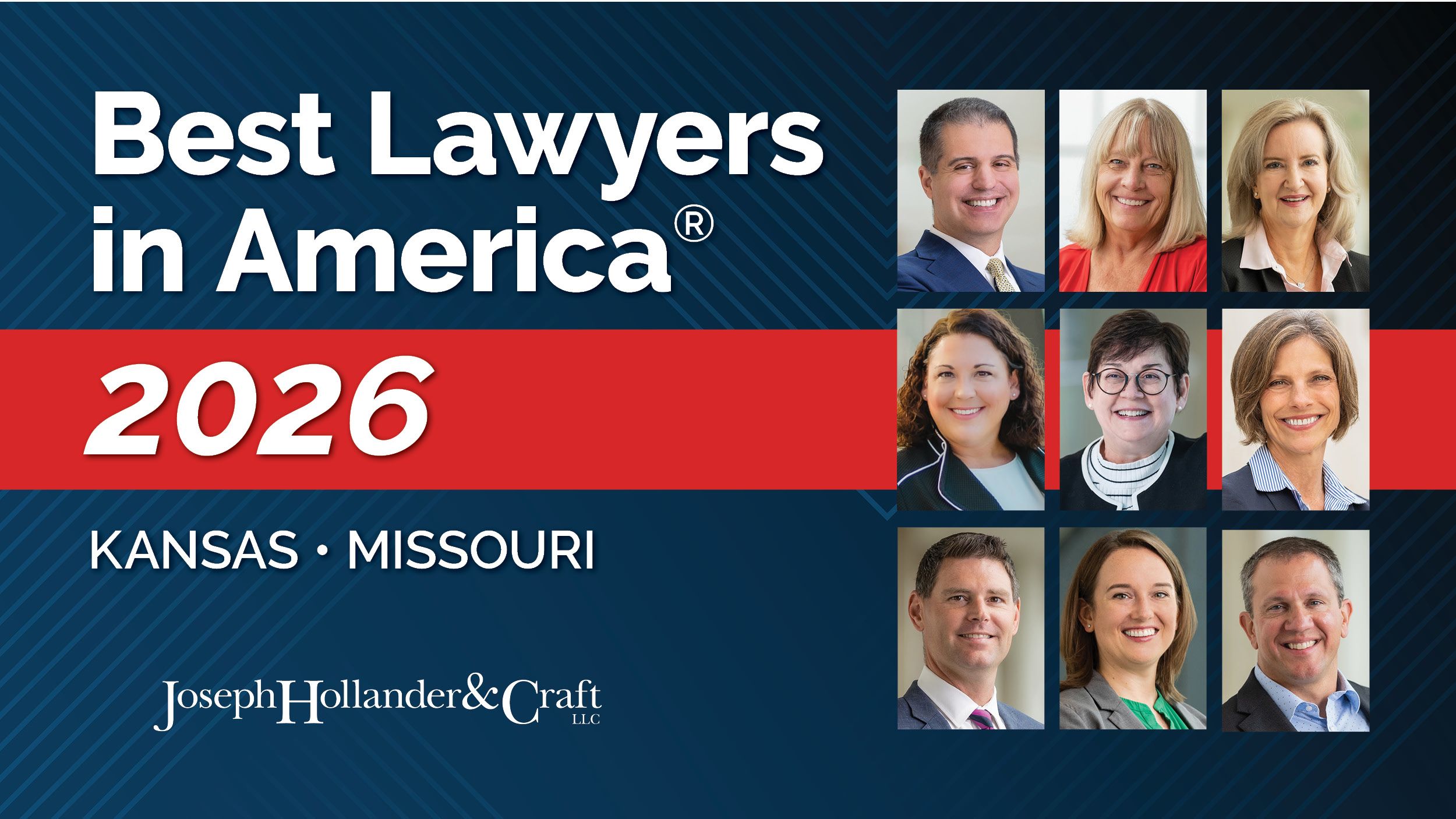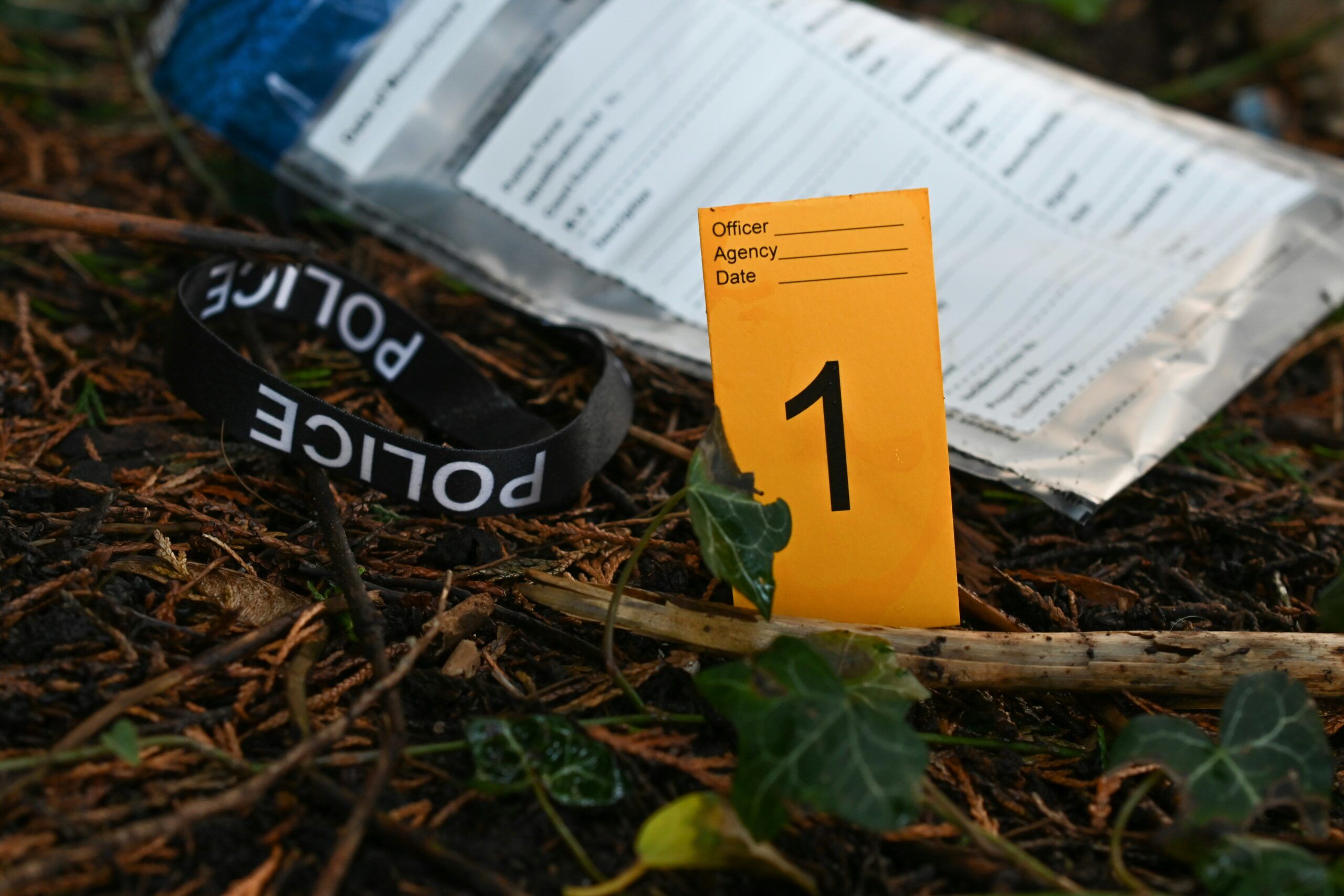Two anesthesiologists owned a pain management clinic, but they experienced a painful breakup. One owner hired an expert to review his partner’s care and billing practices. The expert opined that there were standard of care and billing concerns, which formed the basis for filing complaints with the Kansas Board of Healing Arts and the Missouri Board of Healing Arts. Both states ultimately dismissed the complaints. The complaining doctor also brought a civil suit against his partner asserting, among other legal theories, breach of fiduciary duty. During discovery, the plaintiff sought to obtain his partner’s responses to the Board complaints. The defendant objected, and the district court agreed, the responses were privileged peer review documents based on a statute stating, “reports and records of any state licensing agency…” are confidential and privileged. The defendant sought to offer the Boards’ dismissal of the complaints as evidence at trial.
The Kansas Court of Appeals decision In Re Rockhill Pain Specialists, P.A., Daniel R. Kloster, MD v. Dan Hancock, MD, No. 115,620, 2017 WL 6542834 (Kan. App. Dec 22, 2017), held the doctor was not the holder of the peer review privilege and could not have been in a position to assert the privilege. Additionally, the responses were not records of the state Boards. The peer review does not encompass documents received and reviewed by the committee. The court next turned its attention to a statute that provides, “…information received and records kept by the board as a result of the investigation…shall be confidential and shall not be disclosed.” The court held that, while the responses received from the doctor were confidential by statute, that confidential designation did not rise to the level of an evidentiary privilege. Rather, those terms have two distinctly different meanings and effects. When faced with a confidentiality objection, the district court should have conducted an in camera inspection to determine the relevance and discoverability of the documents sought. The court held the Boards’ written determinations to dismiss their complaints against the doctor didn’t have facts, analysis, or reasoning which would characterize it as peer review.
If you find yourself in need of an advocate, call Joseph, Hollander & Craft. With offices in Wichita (316-262-939), Topeka (785-234-3272), Lawrence (785-856-0143), and Overland Park (913-948-9490), we serve clients from the Oklahoma border to the Kansas City area.













